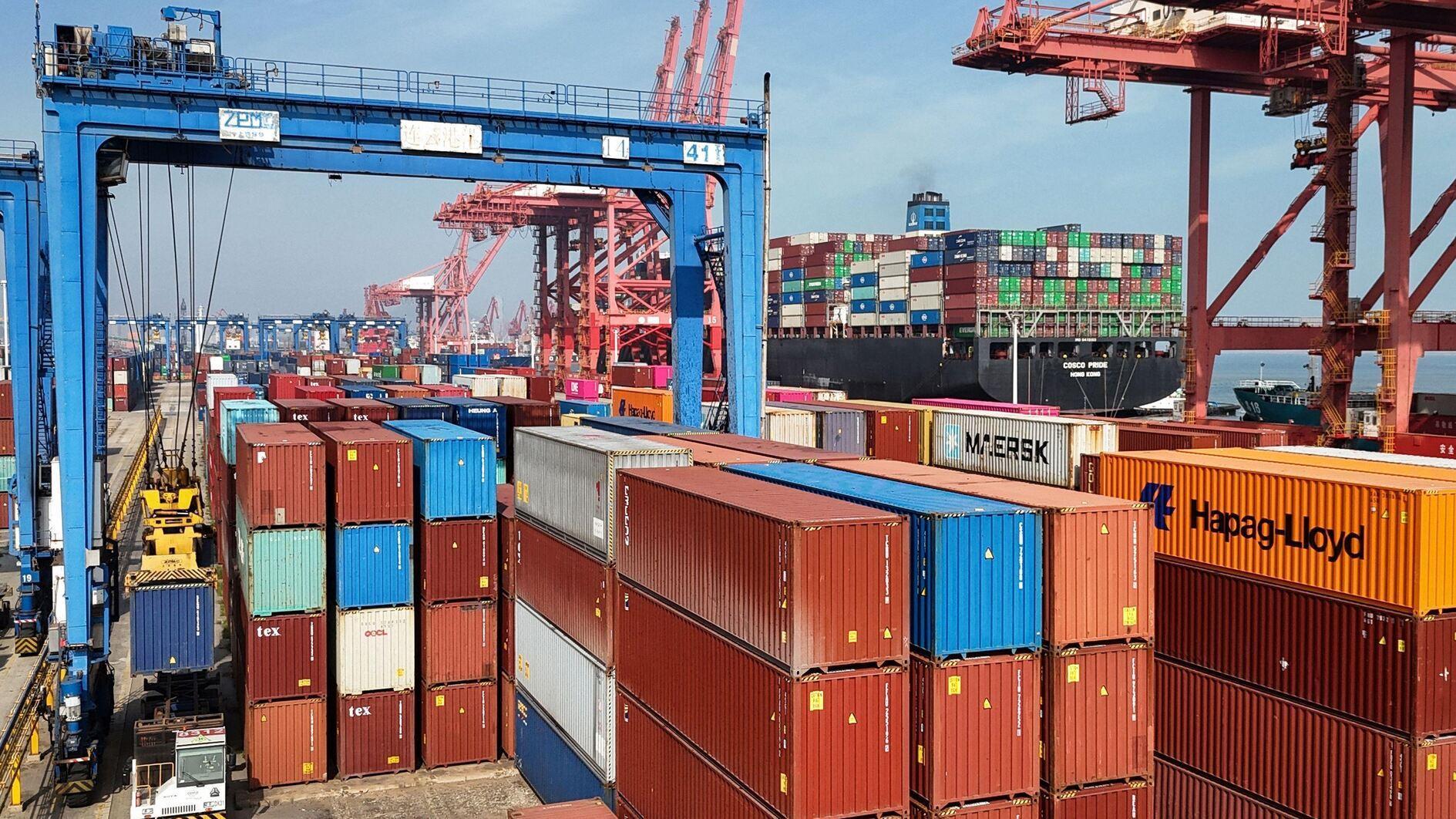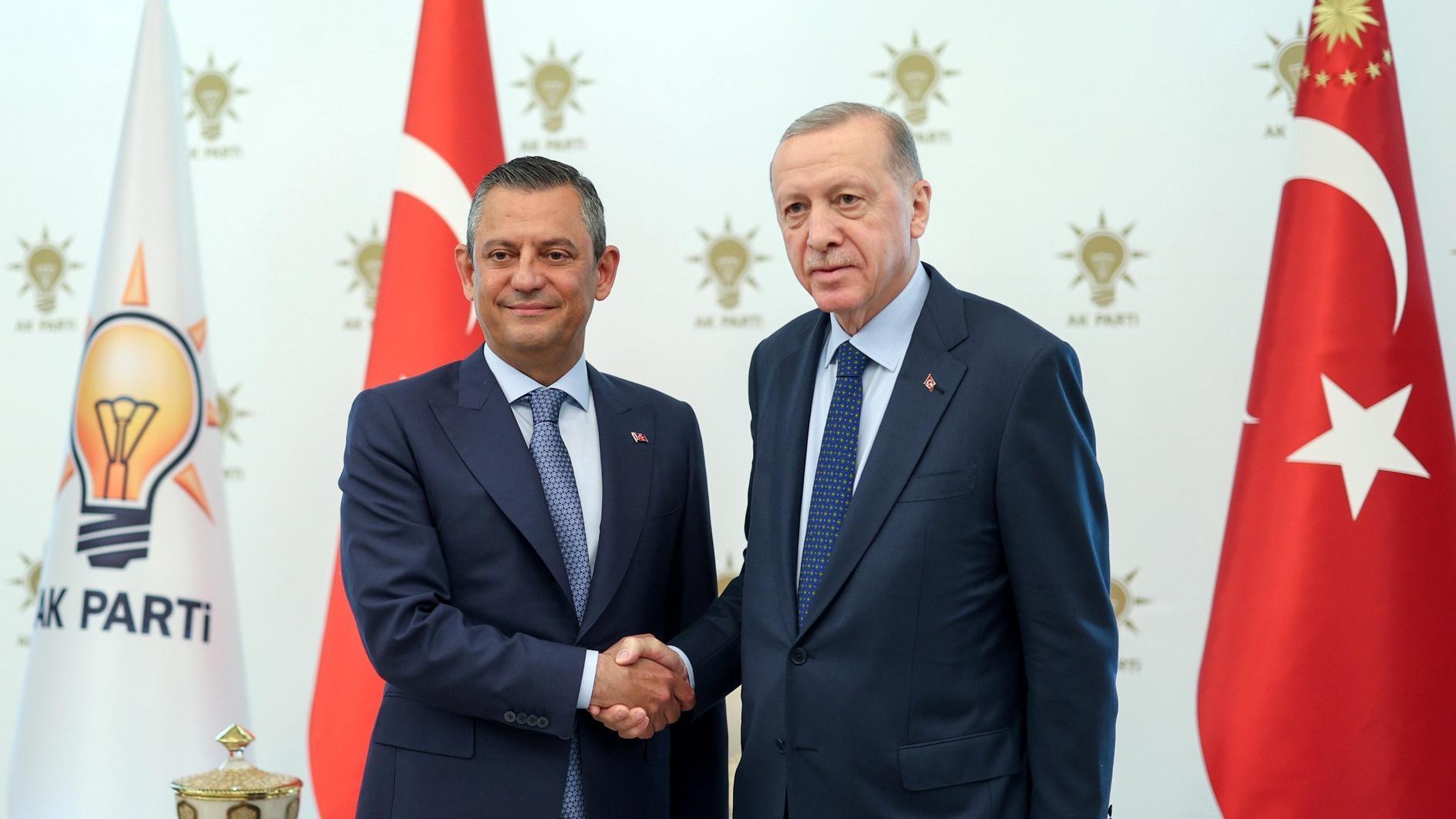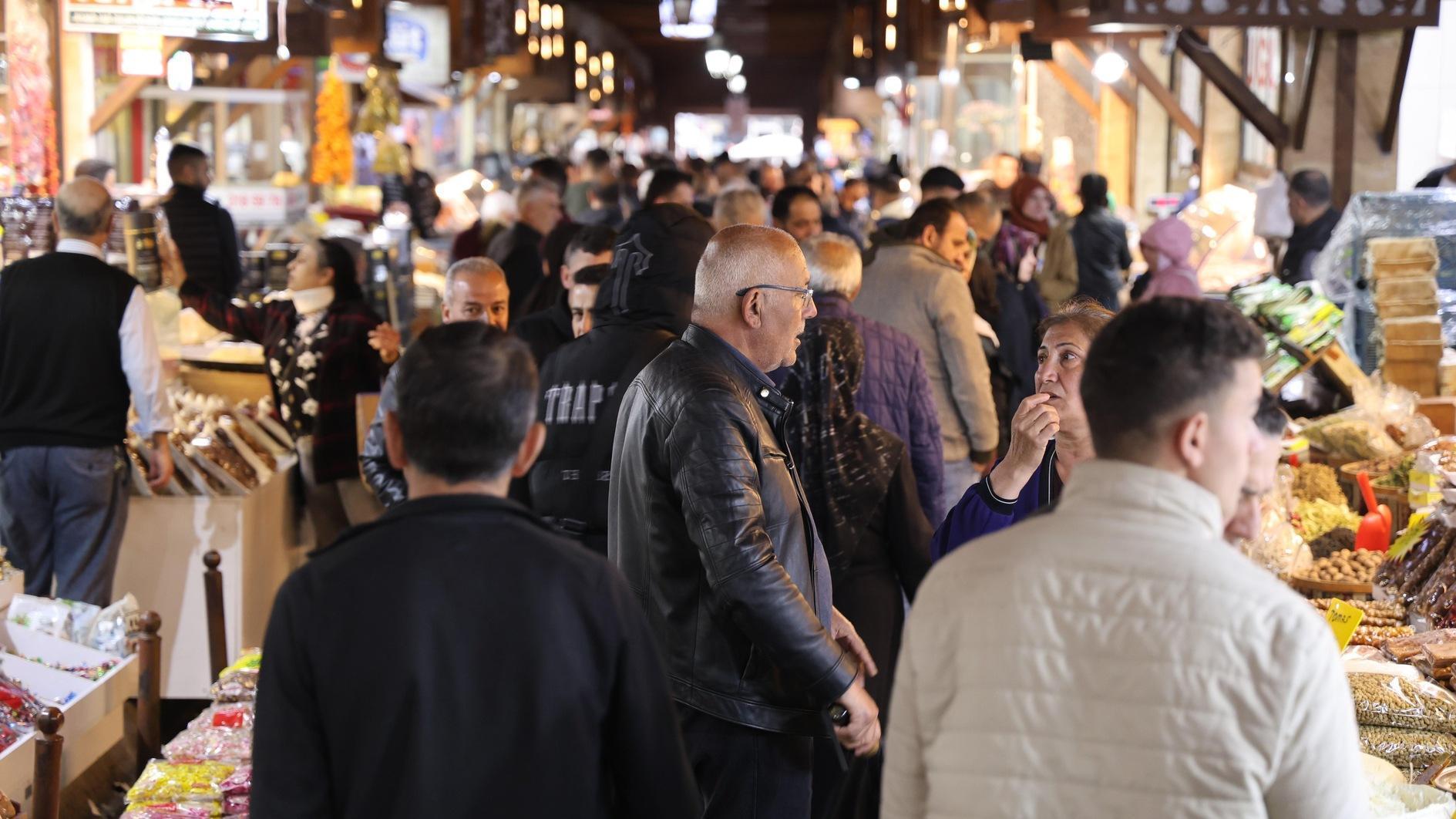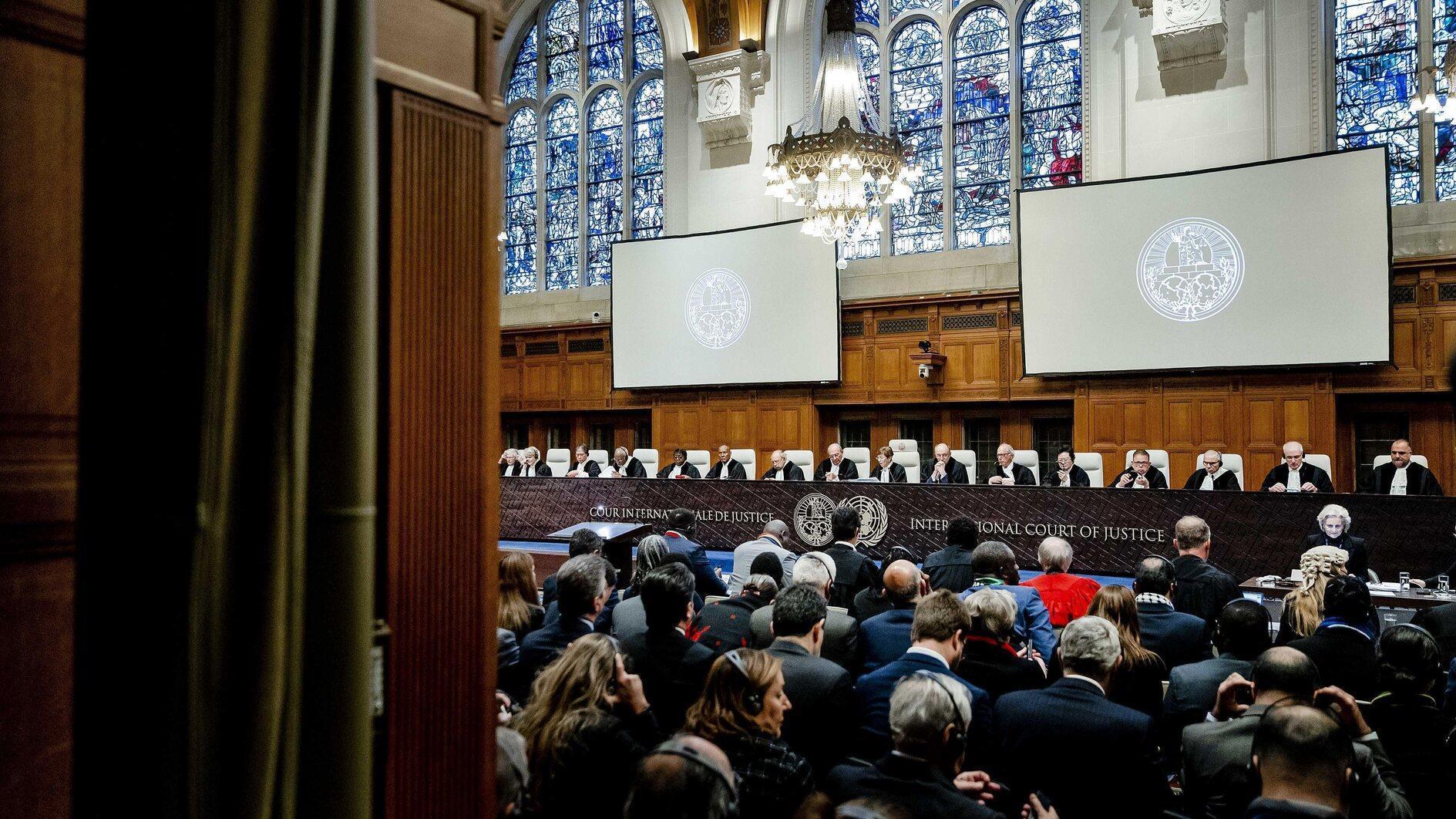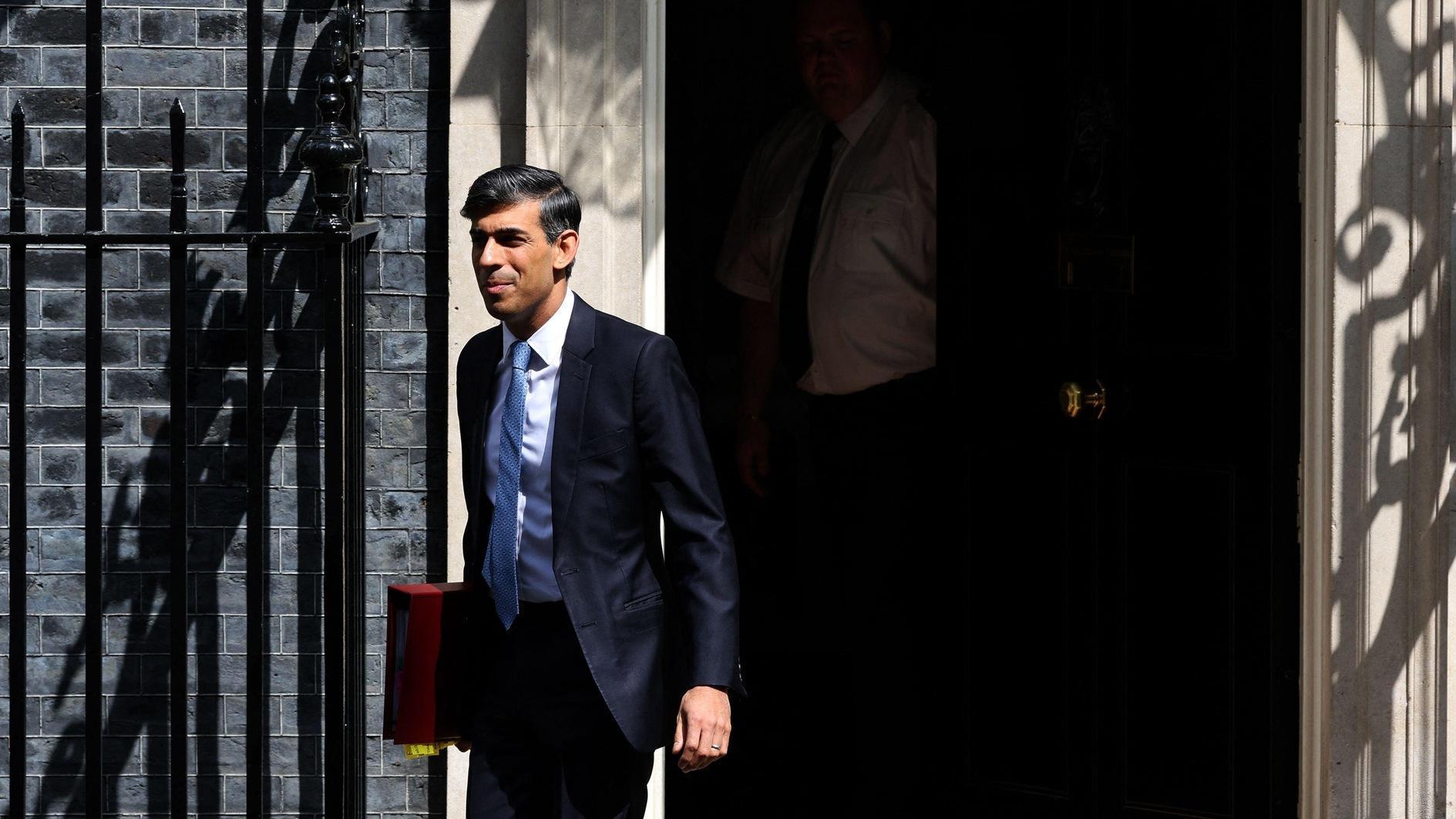THE CORRIDOR - Diyarbakır notes
Diyarbakır hosted two important rallies during the week. First, the Republican People’s Party, or CHP, leader Kemal Kılıçdaroğlu, and one day later, Prime Minister Recep Tayyip Erdoğan addressed the public from the historic İstasyon Square.
Actually, both of the parties are not each other’s rival. The real competition is between the independents of the Peace and Democracy Party, or BDP, and the Justice and Development Party, or AKP. This judgment was personally voiced by Diyarbakır Metropolitan Mayor Osman Baydemir in the garden of the Southeast Journalists’ Association: “It is our [BDP’s] duty to make the AKP a ‘sign party’ [a Turkish political jargon meaning a political party that only has a sign with no supporters].”
We were talking about the pulse of the city with Kılıçdaroğlu on his election bus just before he took the floor for his Diyarbakır rally. Kılıçdaroğlu said the new CHP should do more effective work focusing on the region and Diyarbakır.
“We should come here more often. I will trust them and they will trust me,” said Kılıçdaroğlu and voiced a self-criticism during his speech at the rally, saying, “I will come more often and drink tea with you.”
I don’t know if the CHP can bring a new wind to the politics that is squeezed between the BDP and the AKP in the region but Kılıçdaroğlu expresses his determination to make a try. Kurds have sympathy toward Kılıçdaroğlu, who is a person from the region. Will this translate into votes and with the support of the tribe of the top candidate in Diyarbakır, Salih Sümer, will the CHP have one deputy? They will be pressed to get this, so it would be a surprise.
Erdoğan arrived at the rally location passing through closed shops in the Bağlar neighborhood, the stronghold of the BDP. Erdoğan attacked the BDP, toughened his discourse and moreover he even called it the “BDP terror organization.” He also made an analysis of “civilian fascism,” connecting the outlawed Kurdistan Workers’ Party, or PKK, the BDP and even the CHP. He put forward Islamic motifs. He put religious brotherhood in place of ethnic nationalism and he actually meant to say, “Assimilation is over; everything that needed to be done has been done on the Kurdish issue. It is now time to live in fraternity and be productive.” Even though Erdoğan said in his speech that he was still behind his discourse of 2005, he did not make any new promises for a solution to the Kurdish issue. He sufficed with what was done in the past.
But not stressing strongly the continuation of the Kurdish initiative has planted more question marks in Kurdish minds.
The crowd at the town squares did please Erdoğan but the pulse of the city is different than it was in 2007. Because in 2007, the AKP was able to win six deputies in Diyarbakır. BDP could only gain four. In 2009 local elections, the city council was 59 percent BDP and AKP stayed at 31 percent. Apparently, the tough fight between the two parties benefits the BDP. In these elections it is predicted that AKP will have four or five candidates, while the independent candidates of the BDP will have six deputies.
The head of the Southeastern Journalists’ Association, Faruk Balıkçı, also verifies this projection. He and some other well-informed names think that the half-finished initiative, the fact that the promises made in 2005 were never fully met and the selection of candidates were all crucial in the erosion of AKP votes.
We are meeting with the AKP’s top candidate, Agriculture Minister Mehdi Eker. He is also complaining about the pressure in the region and argued that people’s free will was being obstructed. Eker explains that the BDP thrives on violence and says, “We have no alternative for the solution to the problem. This problem cannot be solved by handing Molotov cocktails to children. Another AKP candidate is Oya Eronat. She lost her 17-year-old son in a terror attack. She also says, “They say peace. Enemies make peace, I say tranquility. Because Kurds want tranquility.”
However, the BDP members and independent candidates do not, at all, think like the AKP members. According to them, “The Kurdish issue is a political problem and it is continuing with all its might. And the initiative has not brought a solution to it. The issue will not end with the June 12 elections. On the contrary, if a step is not taken toward a solution, it will start again in a magnified manner.”
I remember that the PKK’s jailed leader, Abdullah Öcalan, gave the date of June 15. One of the independent candidates, Altan Tan, said: “You tell those in the mountains to join politics in the prairie and then you pour death over those on the mountains and arrest those who are involved in politics on the prairie. We will see who is going to give a lesson to whom on June 12.” Another candidate, Nursel Aydoğan, emphasizes peace and says if a will for a solution is not developed by June 15, the problem in the region will magnify.
The BDP has divided Diyarbakır into six and is operating an effective campaign. Each region will vote for an independent candidate. For those illiterate voters, they have developed methods of measuring with a rope. They are delivering training about this at town halls. In a round of visits to craftsmen with Aydoğan, I can observe the excitement and interest of non-Turkish speaking women. Of course, the unemployed youth whose population is almost half of the city should not be forgotten.
Even though the common denominator of the voters for the AKP, BDP or CHP is a “yearning for peace,” it is apparent that tough days are ahead of the region if a platform for conciliation is not found after the elections. The “marks of violence and fear” engraved in each square meter of the tired city do not seem as if they will be erased very easily


